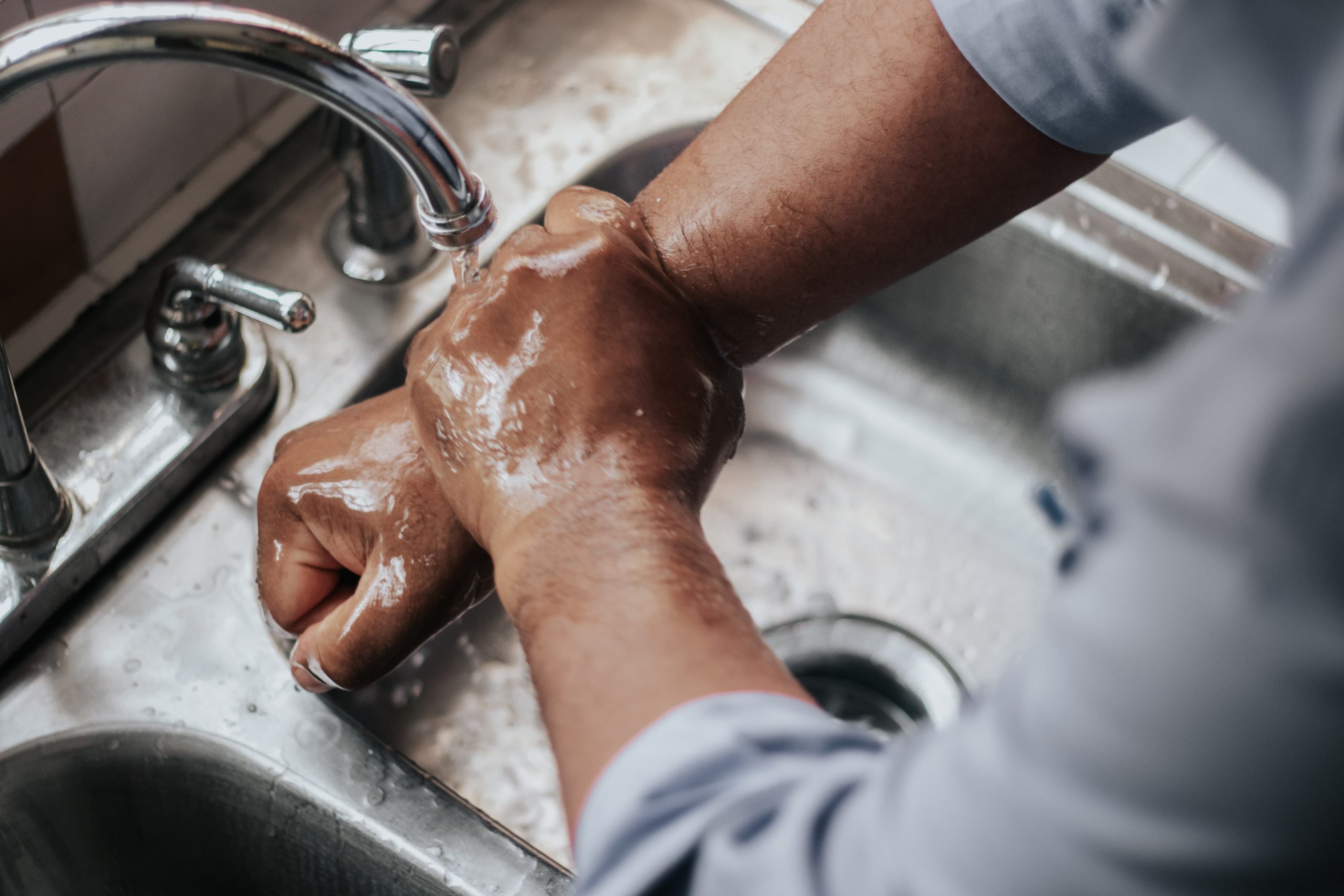The teen years bring with them so many changes, not least of which are the hormonal changes in their bodies. These mental and emotional challenges can be overwhelming for both teens and their parents, but the physical challenges can be just as frustrating and confusing for teens adjusting to their new bodies.
Many of these frustrating physical challenges can be effectively managed with your teen using good daily hygiene.
Whether a side-effect of their changing mental wellness or because they simply don’t care, some teens may not spend much time bothering with daily personal hygiene. If your teen refuses to listen to you and needs more guidance to build healthy habits, the Help Your Teen Now team has put together our top tips for teaching your teen good hygiene habits.
Concerns of bad hygiene
The hormone level changes that puberty brings are not limited to oily skin, facial hair, leg hair, and acne. It can lead to increased sweating, leading to unpleasant body odor even for those who aren’t athletic and active.
This is normal and natural and is not something that your teen should be ashamed of or fear. The primary concern is that they may be bullied at school for not being as fresh and clean as they could be while around their peers.
Teenagers can be brutal to each other. If your teen is going into school smelling unwashed and looking disheveled, it can make an already difficult situation with a bully just that much worse.
Another serious consideration is that if your teen is already struggling with his mental health, it’s only going to make things worse for him if peers are picking on him because of his hygiene.
Several illnesses can also result from a lack of good hygiene, including:
- Skin infections
- Digestive concerns
- Worsening acne
- Dental concerns, including gum disease
It’s easy to dismiss poor hygiene as laziness, and it may be the case for some, but more often than not, there are other issues at play, such as an underlying mental health concern.
Teaching your teen hygiene basics
Establishing a hygiene routine for your children when they are young is an essential part of keeping them fresh, clean, and healthy. It will also make the transition to self-care easier as they get older. By the time that your child is a teen, he should be able to shower, wash his hair, and keep himself clean without much prompting from a parent.
Remember that even with teaching and reminding your teen of the importance of good hygiene, you shouldn’t shame them or make them feel embarrassed.
Hygiene basics your teen should eventually be able to handle independently include:
- A daily shower. Some may argue that showering daily is not a healthy choice for your skin, but for a teenager with body odor and hormones all over the place, a shower is a healthy choice.
An evening or morning shower that focuses on the smelliest culprits can help your teen feel fresh, smell clean, and get that extra bit of confidence he needs. You may need to get him a strong-smelling body wash, but there are plenty to choose from. Be sure to remind your teen of the importance of washing their hair at least every other day. - Facial and skincare. Your teen might be able to get by using soap and water to wash their faces. Others may need stronger solutions that can address acne issues they are struggling with. There are topical solutions and even medications to relieve teens for whom soap and water alone won’t work.
- Deodorant or antiperspirant. There are almost countless options for deodorant or antiperspirant for your teen to use. It should be applied after their shower and during the day if needed. Remind them to keep an extra one in their backpack, locker, or gym bag so that they can stay fresh no matter where they are. Other products that can help with sweat and body odor are important, like powders and sprays.
- Dental health. Good oral hygiene is an essential part of maintaining a healthy body. Gum disease and other dental infections can lead to tooth loss, stroke, and more. Not brushing your teeth can also result in bad breath, which a teen can be picked on and bullied about. Your teen should be brushing and flossing at least twice a day. Don’t forget to keep up with dental checkups and professional cleanings.
- Caring for nails and toenails. Unkempt nails can be unsightly and can also lead to ingrown nails. Teen girls may enjoy going for a pedicure and a manicure. Good nail care can be just as easy at home with a nail clipper and nail file. Discourage nail-biting as that can be an unhygienic and unhealthy habit to fall into, and excessive nail-biting can be a sign of anxiety or other mental illnesses.
- Shaving techniques. The right time for your teen to shave may be based on how much growth they have and whether it’s going to be more of a struggle for them mentally to keep up with it. Remind your teen of the importance of never sharing razors and other shavers, to avoid skin irritation and infection.
With reminders and gentle pushes, your kids may be able to get their hygiene back on track. Some teens may need help building a schedule for hygiene routines to start, but with time they’ll get the hang of things.
It’s important for parents and other family members not to shame them, but to give them positive reinforcement and encouragement. They may be struggling with mental health concerns that will only be made worse if they are shamed or bullied.
Teaching your teen to care for their space
Good hygiene does not stop with caring for their body. Your kids should learn how to do their laundry, keep their bedroom tidy, and learn more about doing chores around the house.
- Doing their laundry should include putting their clothes away to keep things organized.
- Keeping their bedroom tidy should include changing their bed linens once a week along with general organization. A clean bed is not only good for your teen’s mental health, but it can help to keep skin inflammation and infection from becoming a problem.
- Dishwashing should include keeping the kitchen sink free from piled-up dishes and how to load and use the dishwasher. Remind them to return dishes to the sink if they bring dishes or glasses into their bedroom so they don’t pile up there either.
- Keeping up with household chores not only helps to keep the home clean and fresh, but it can instill a sense of responsibility and accomplishment for your teen.
If your teen is struggling with his mental health, it’s essential to address the issues beneath the surface. Managing hygiene is important, regardless of the mental health struggles he is facing.
If he feels better about his physical appearance and health, it can help him as he’s on the path to working on his mental health. If you are struggling to help instill good hygiene habits into your teen’s daily routine and need some extra support, reach out to Help Your Teen Now. We have the resources teen parents need to help their teens succeed.






0 Comments